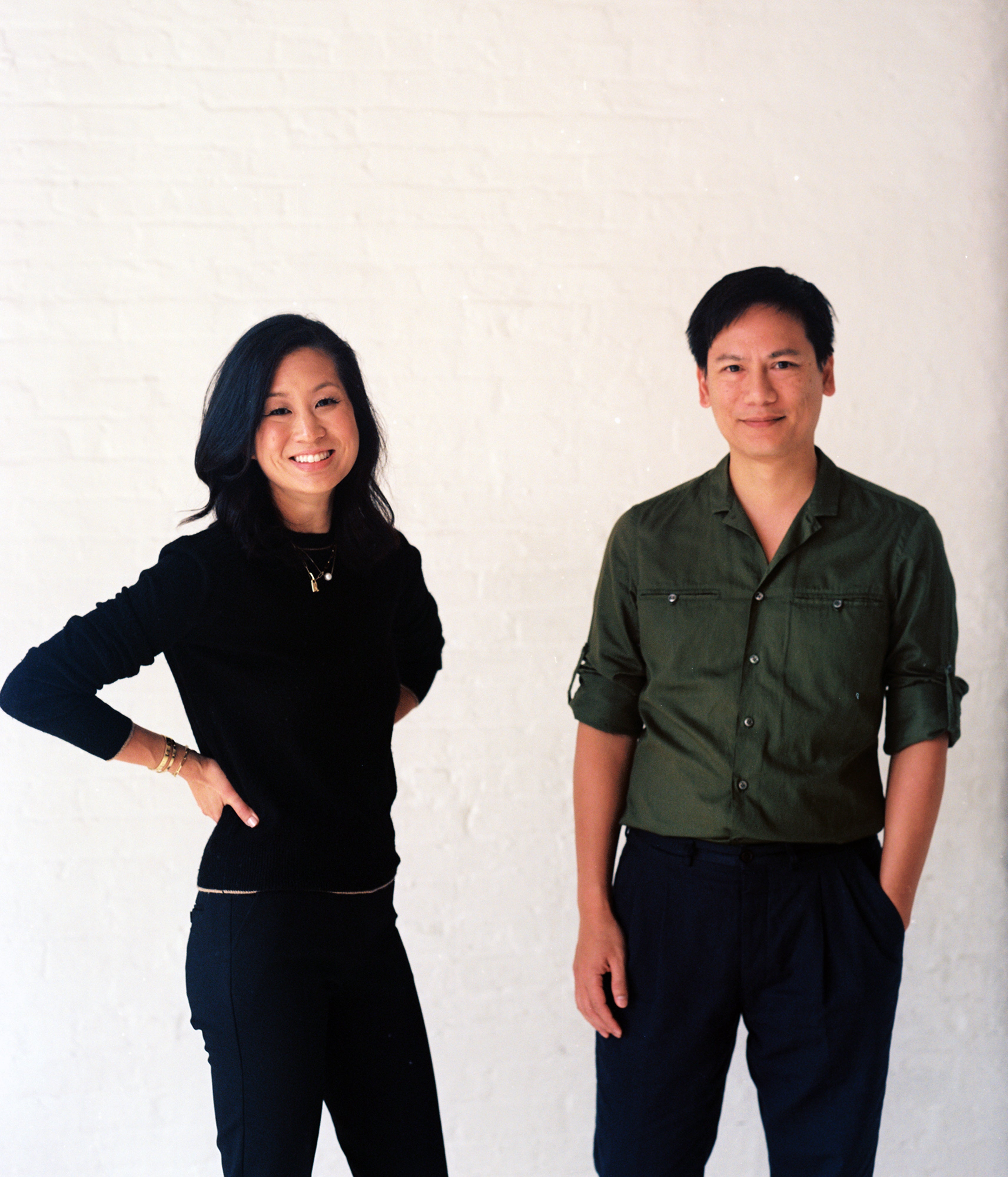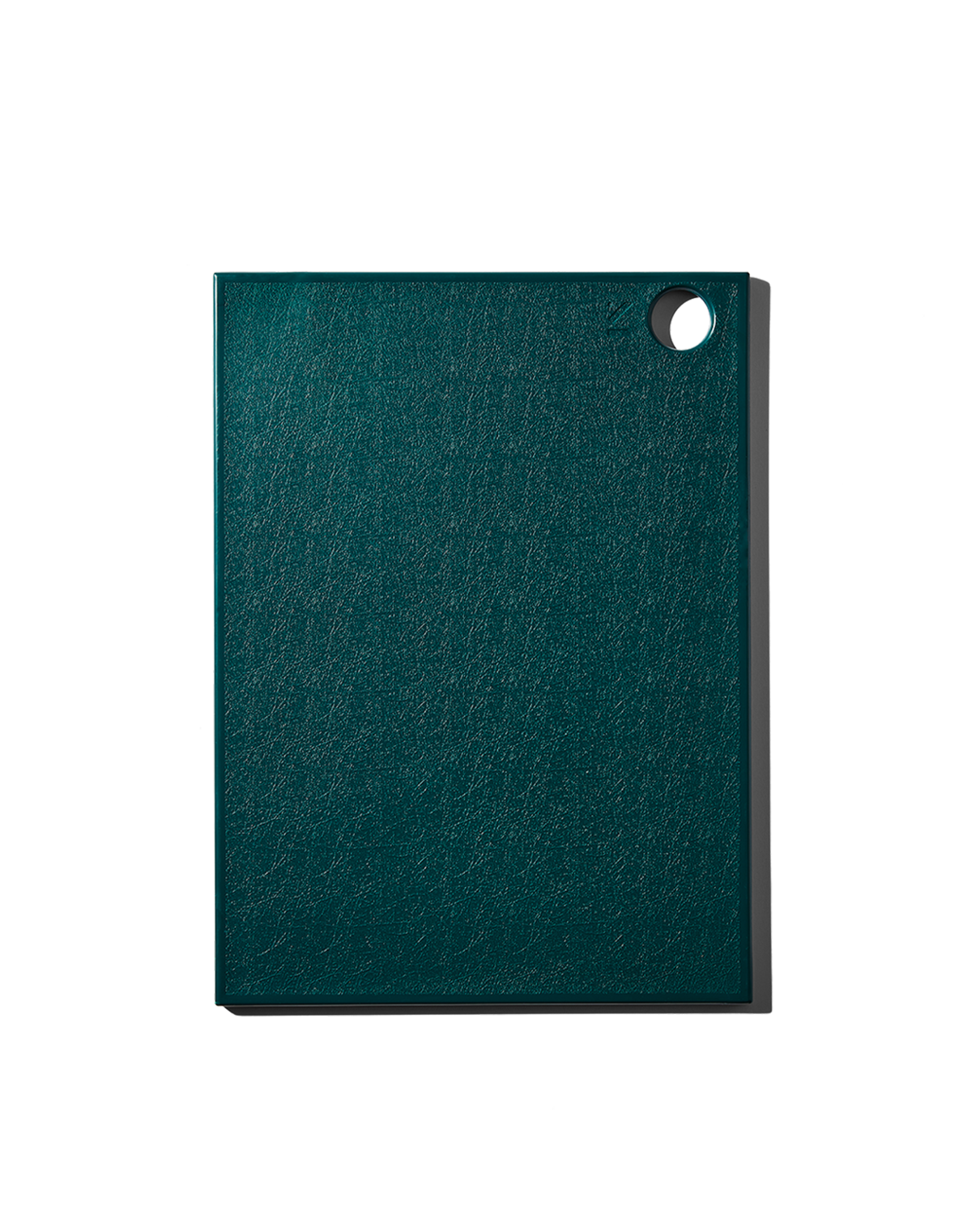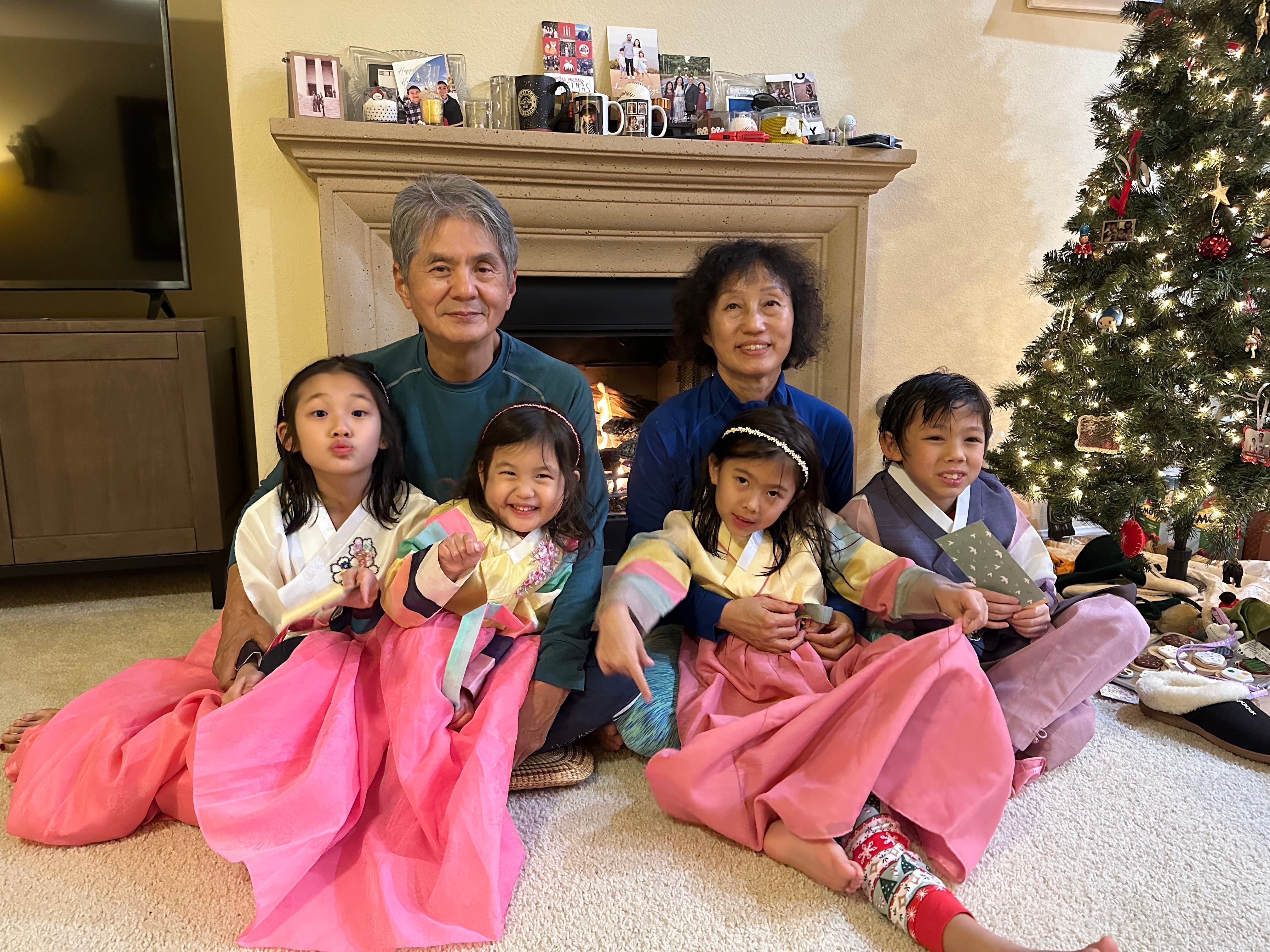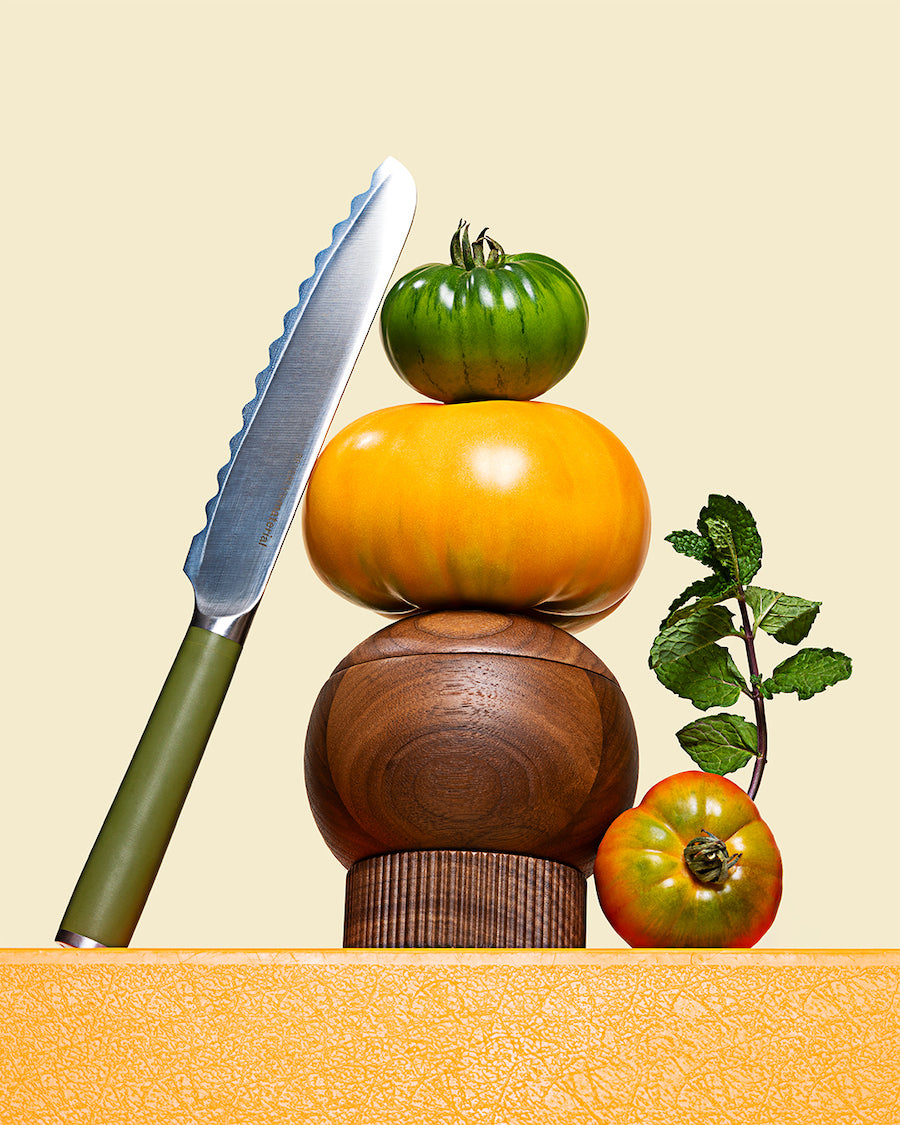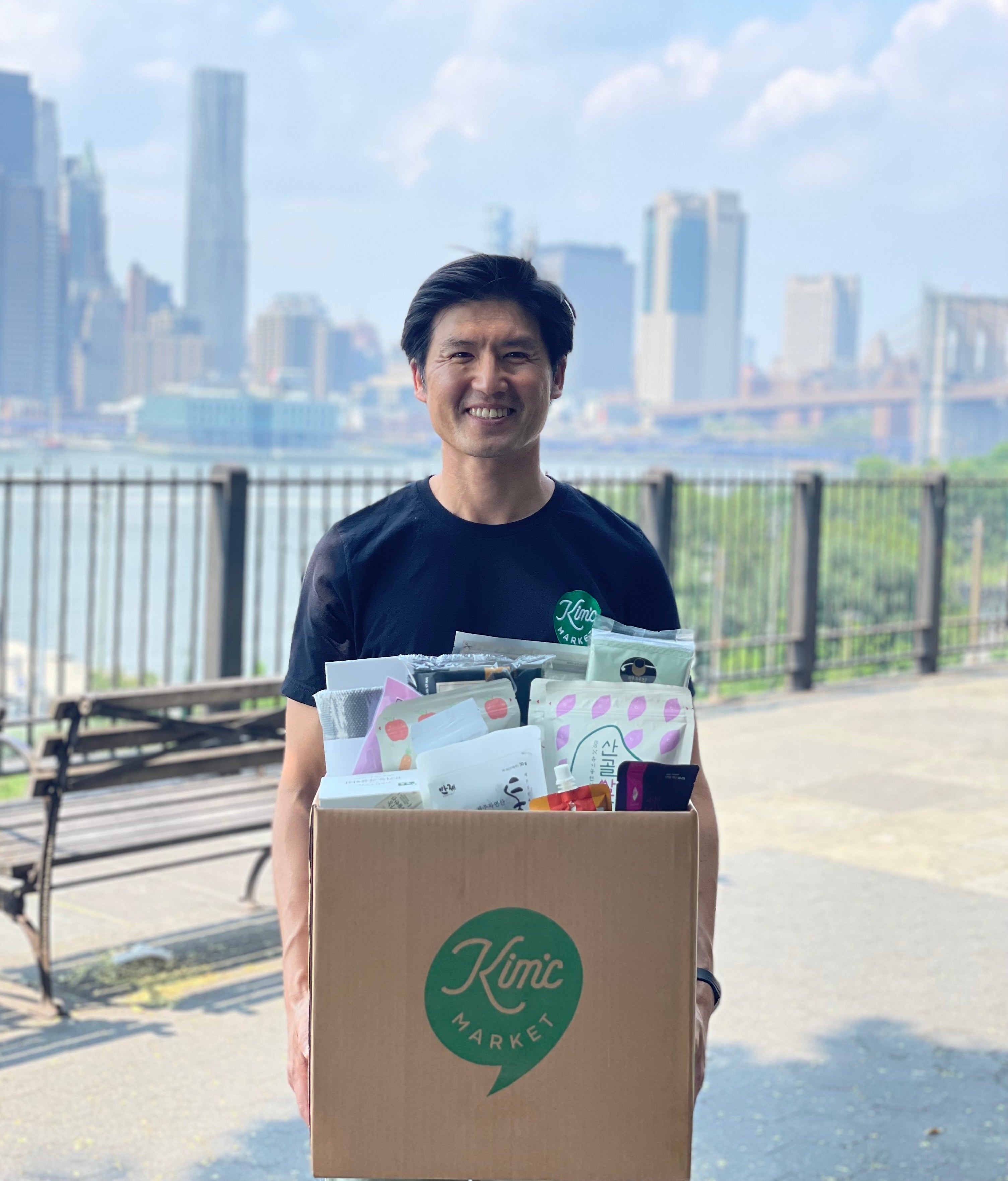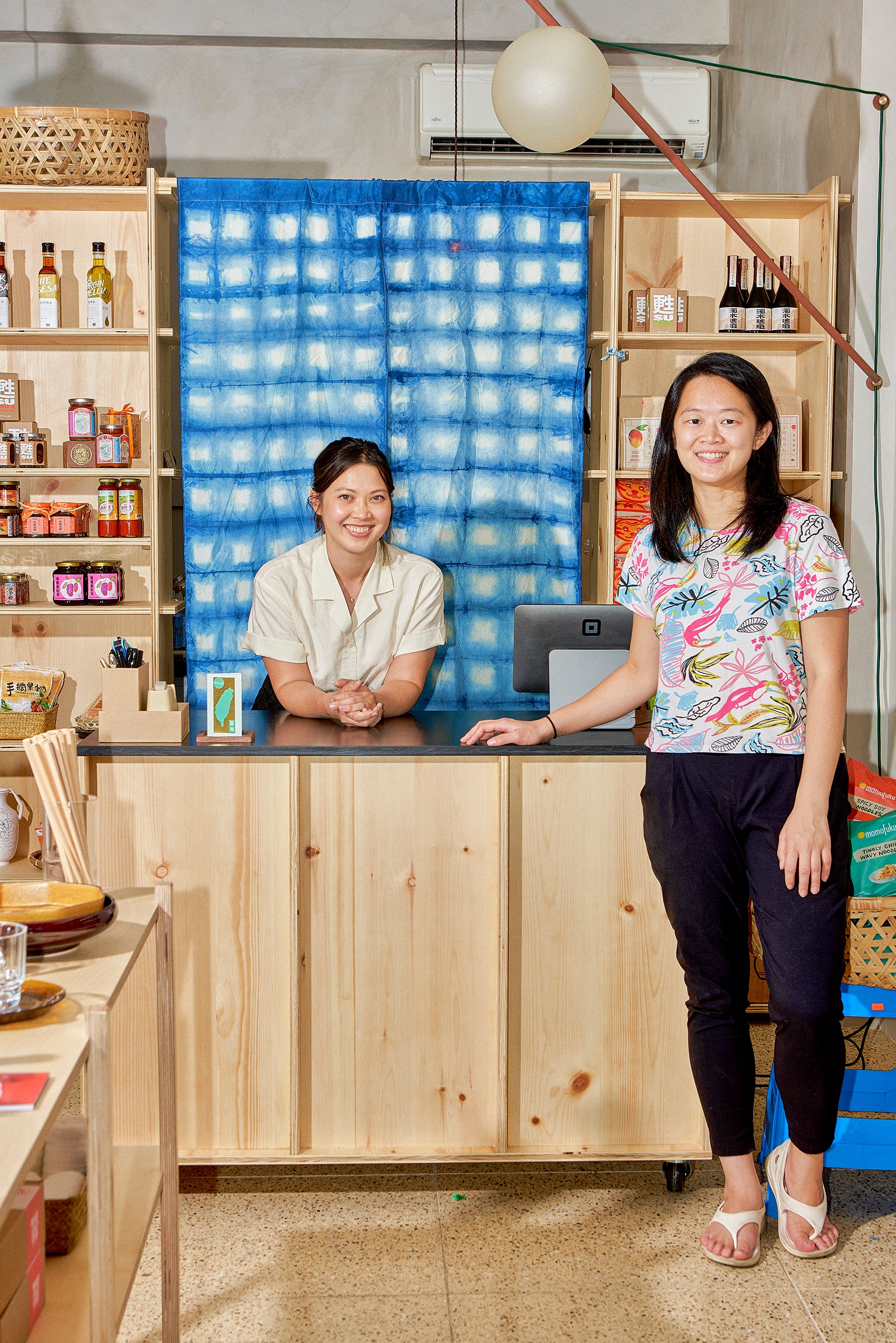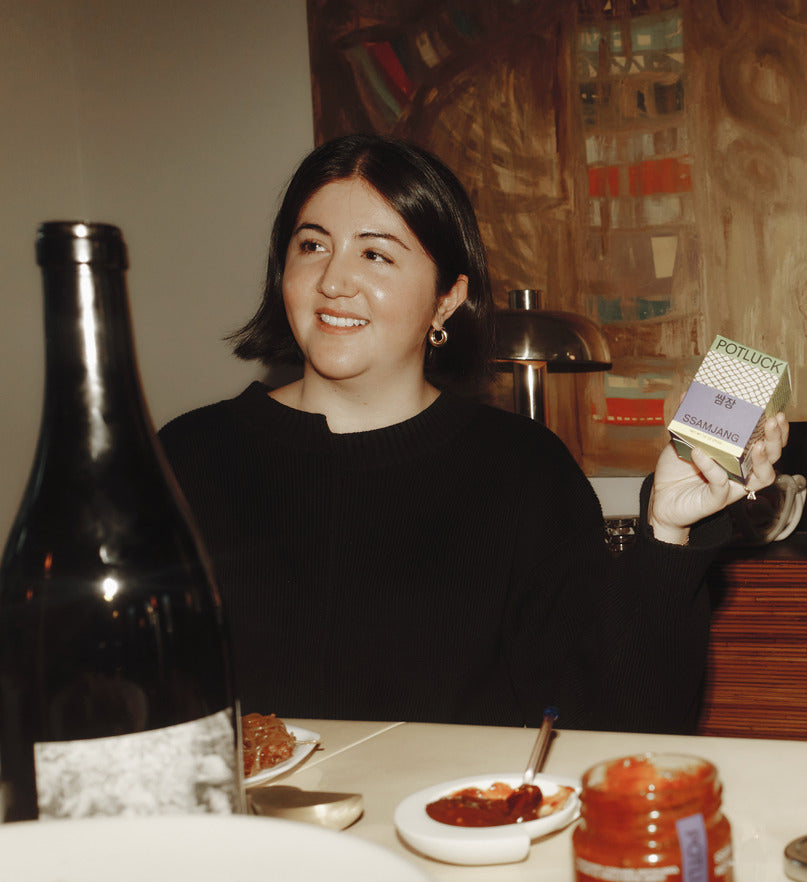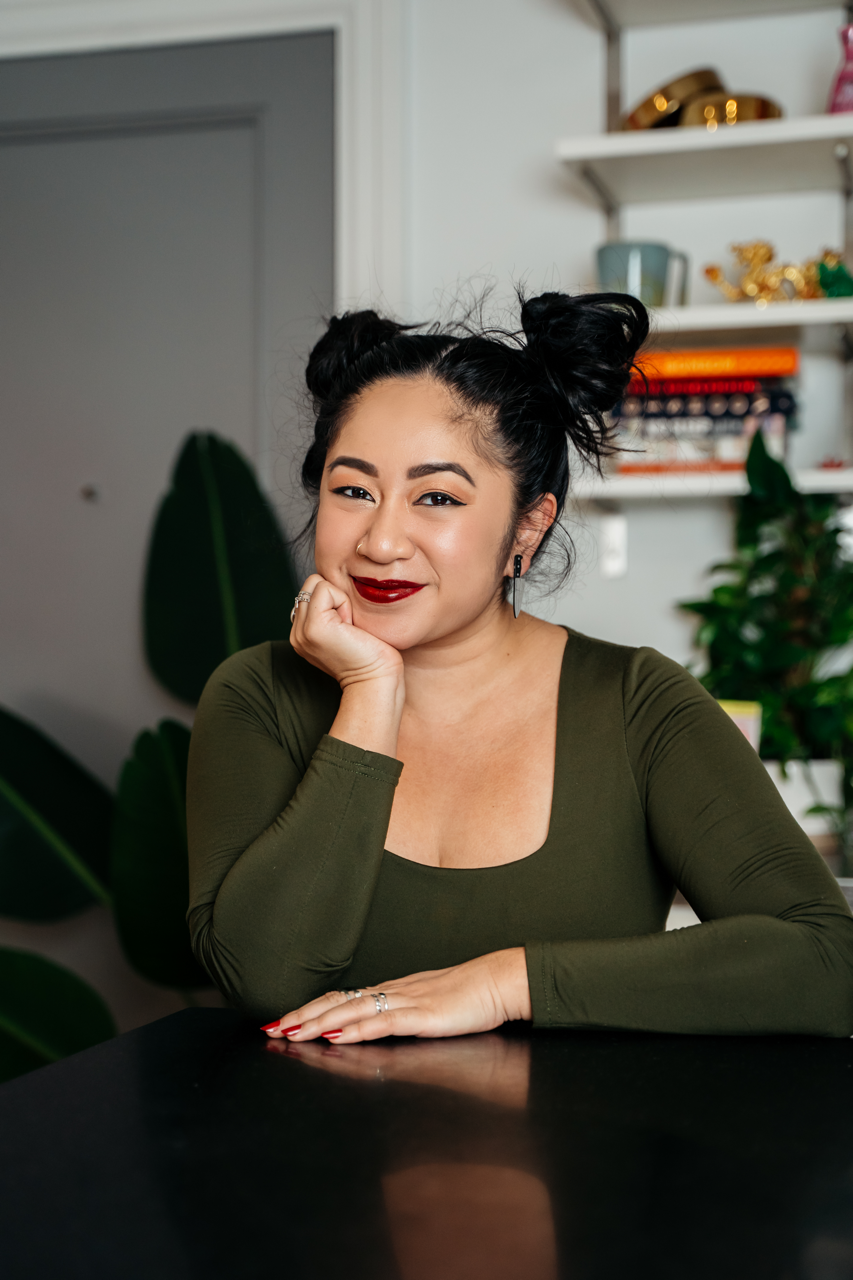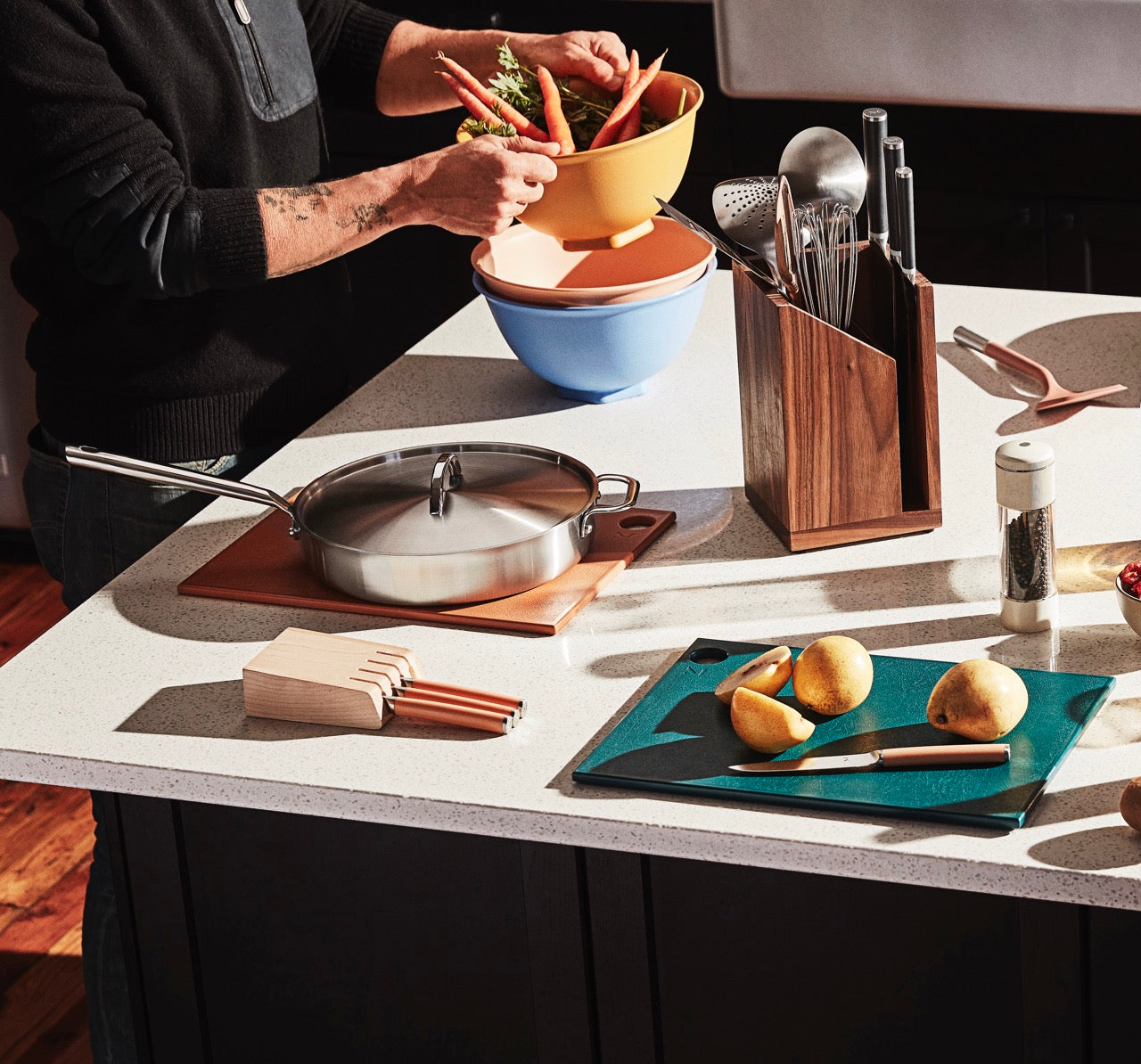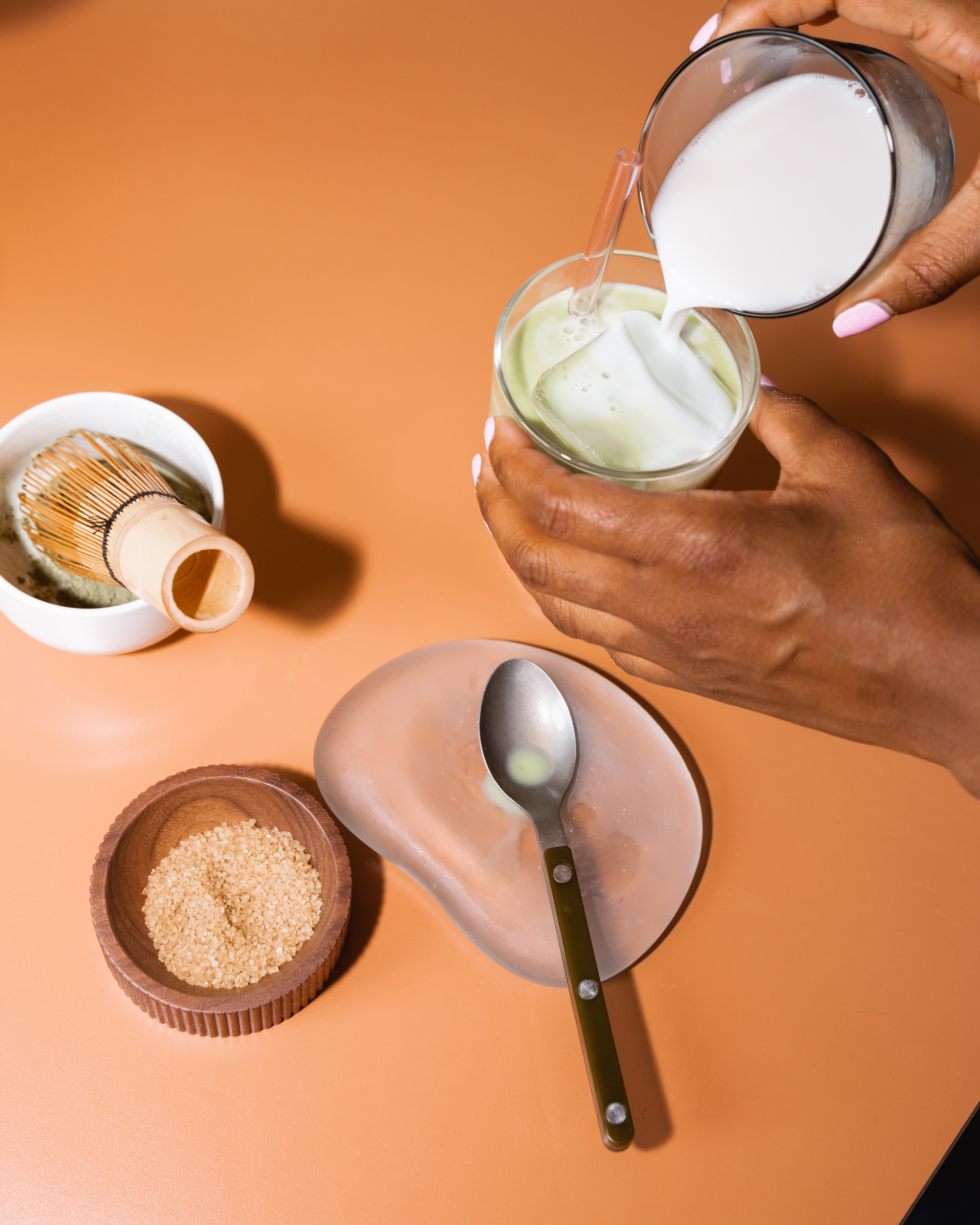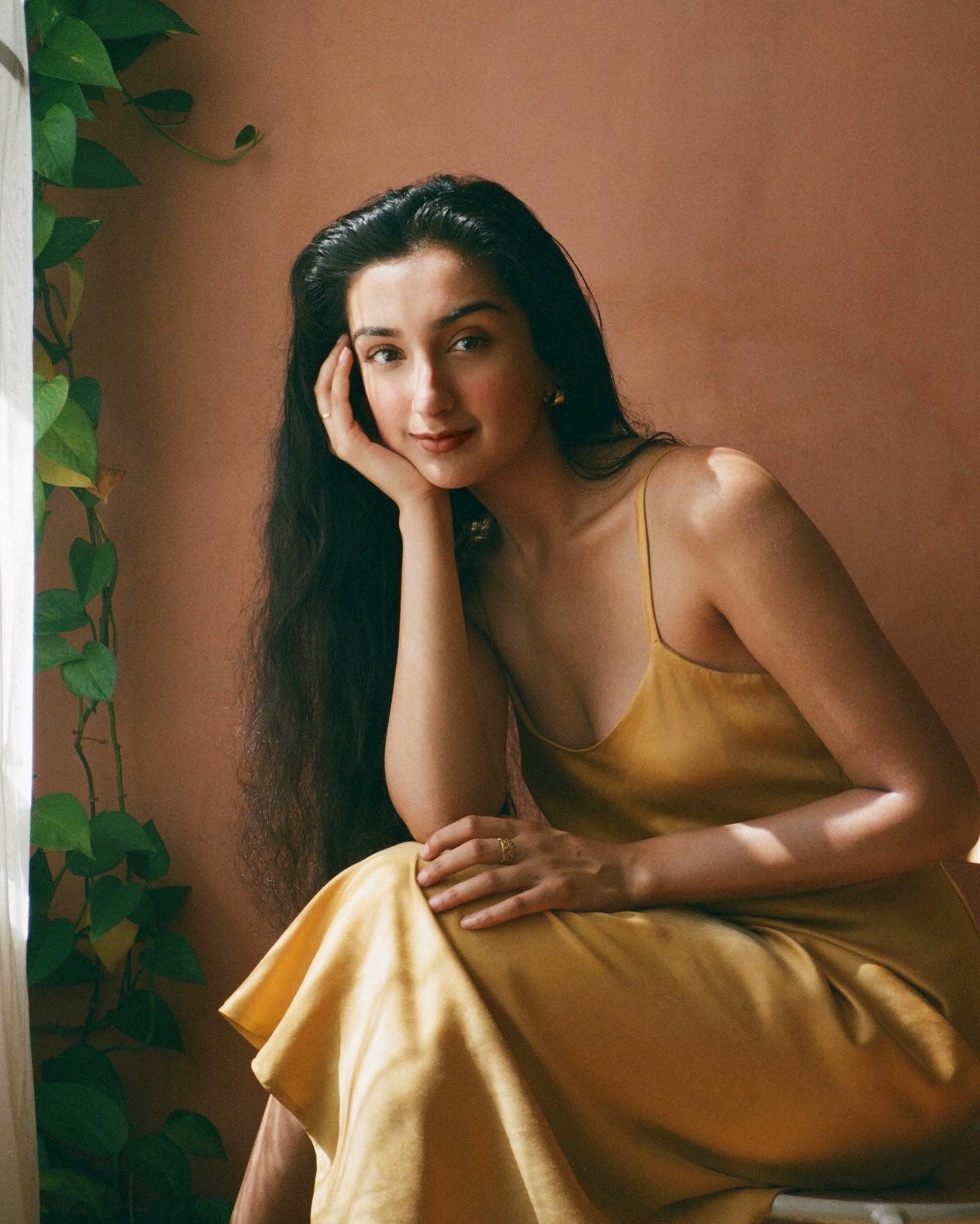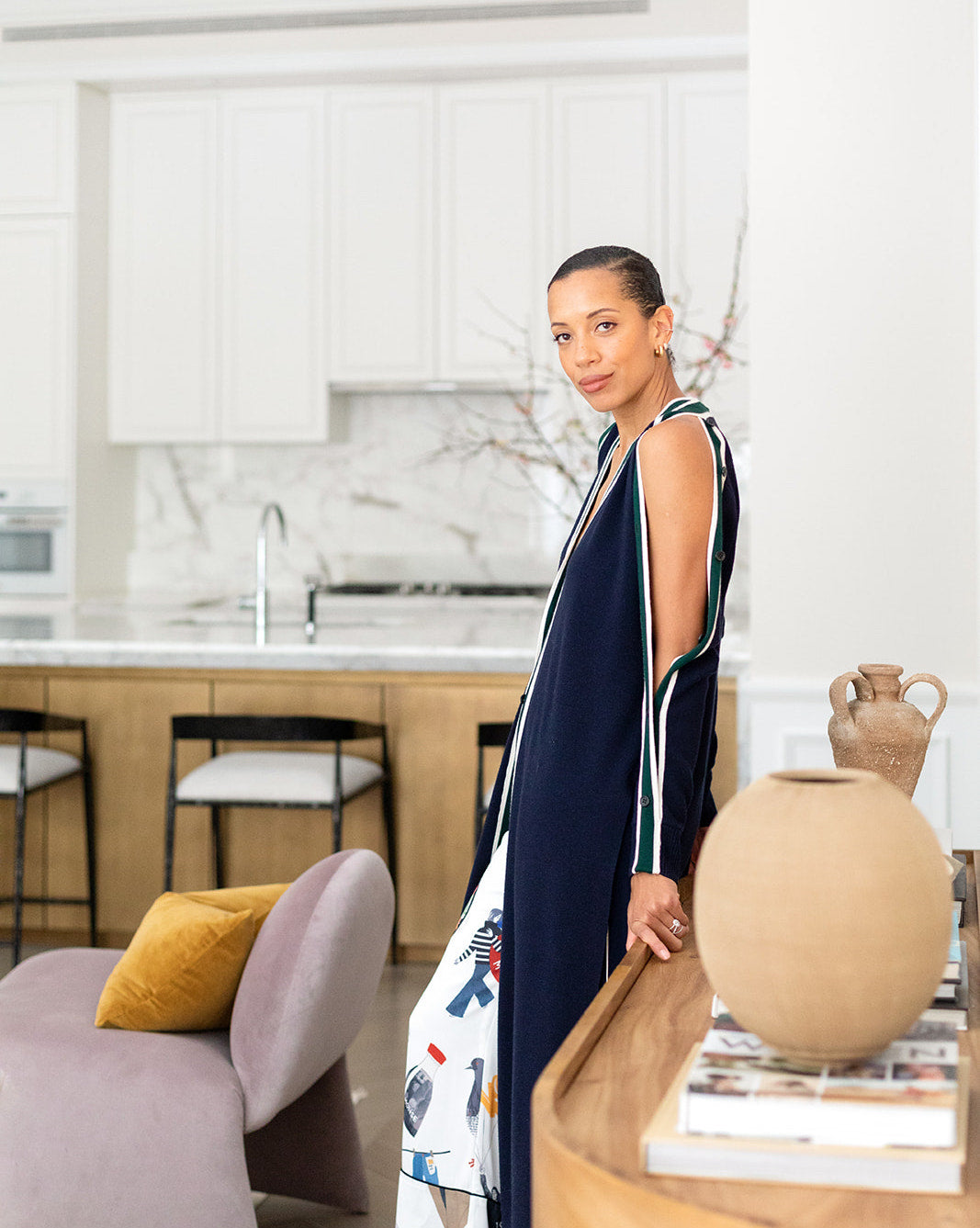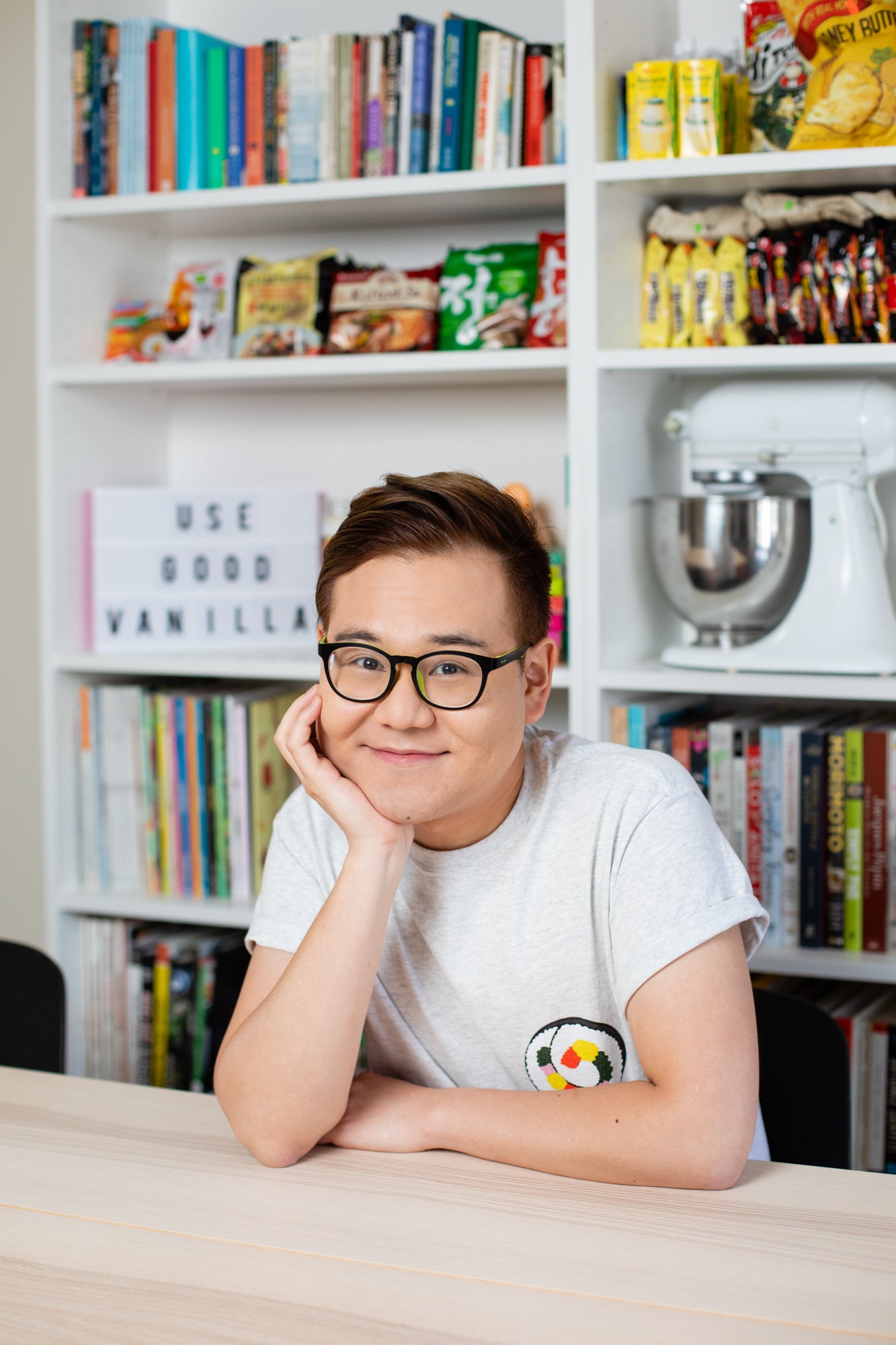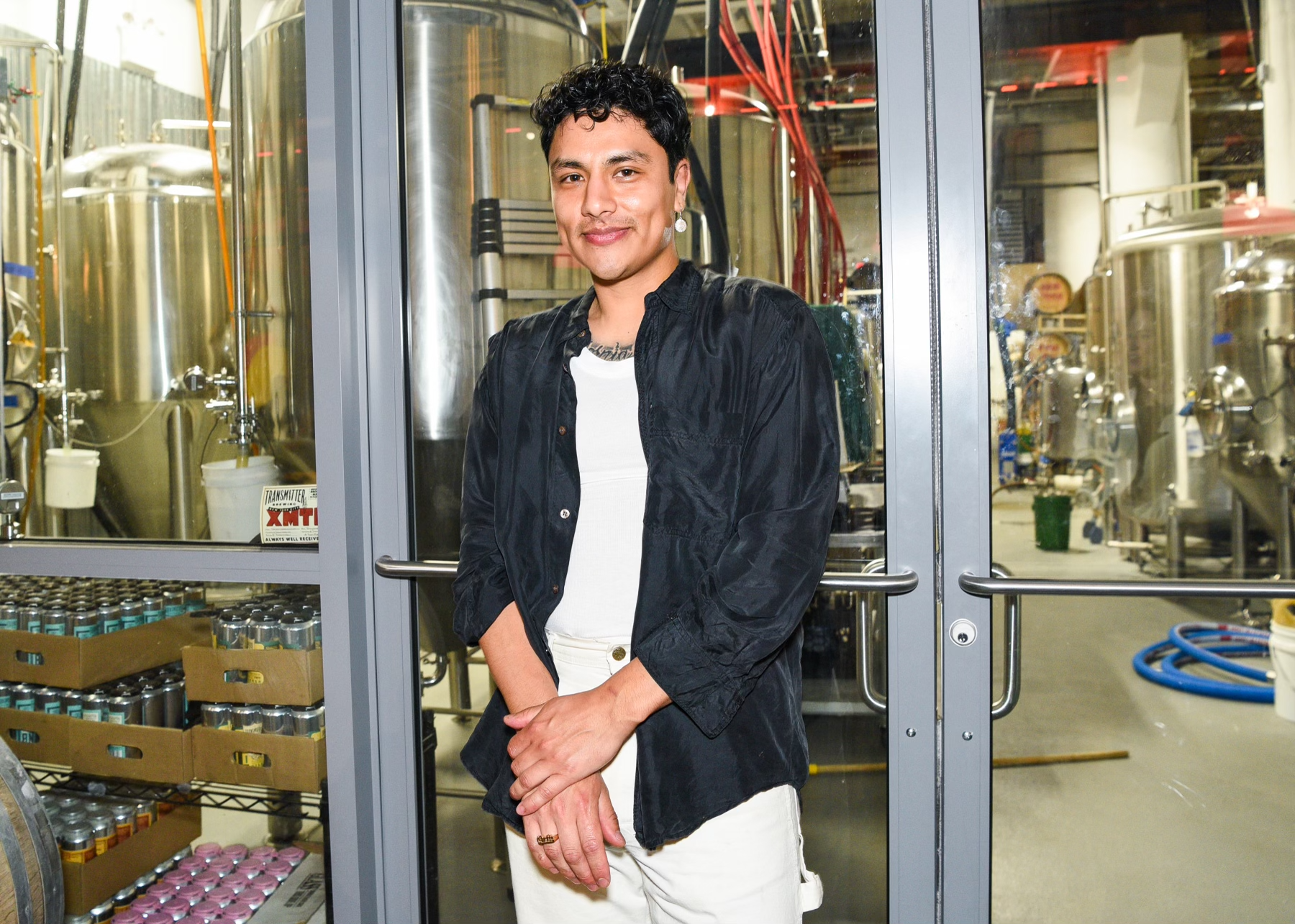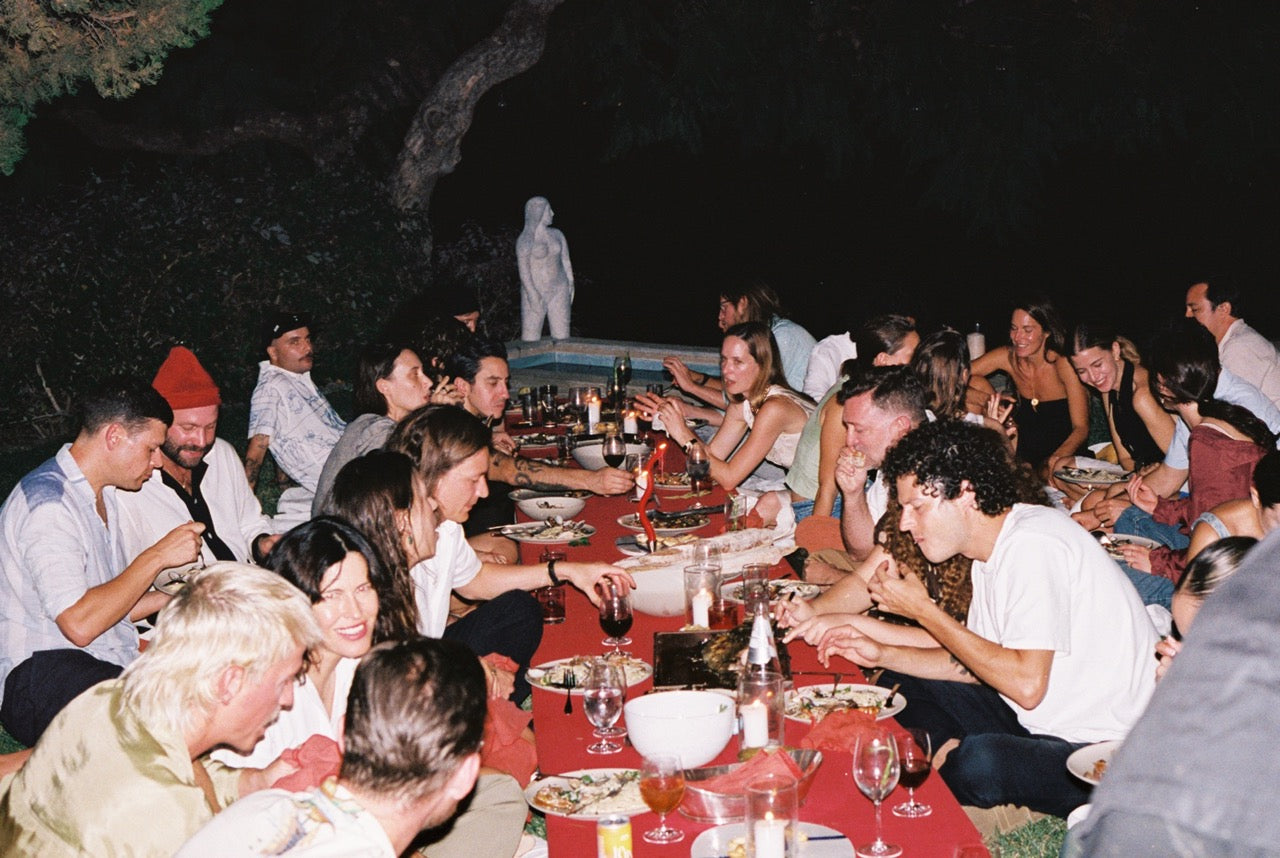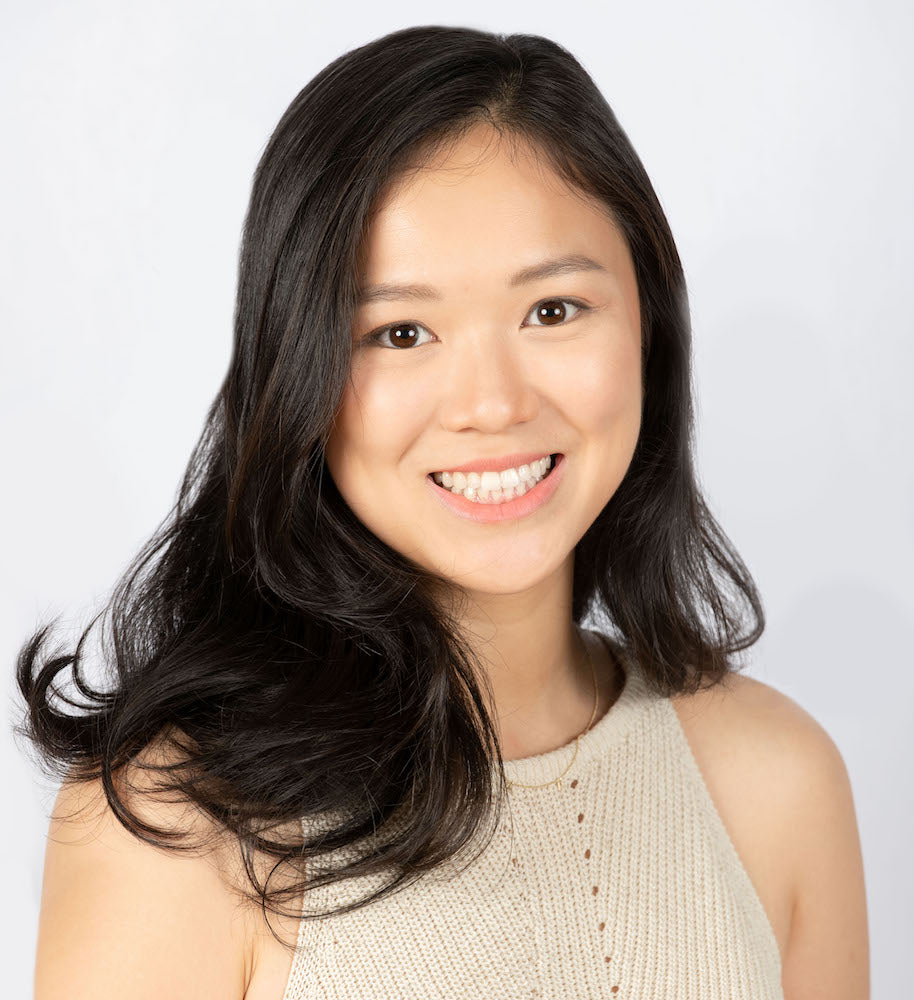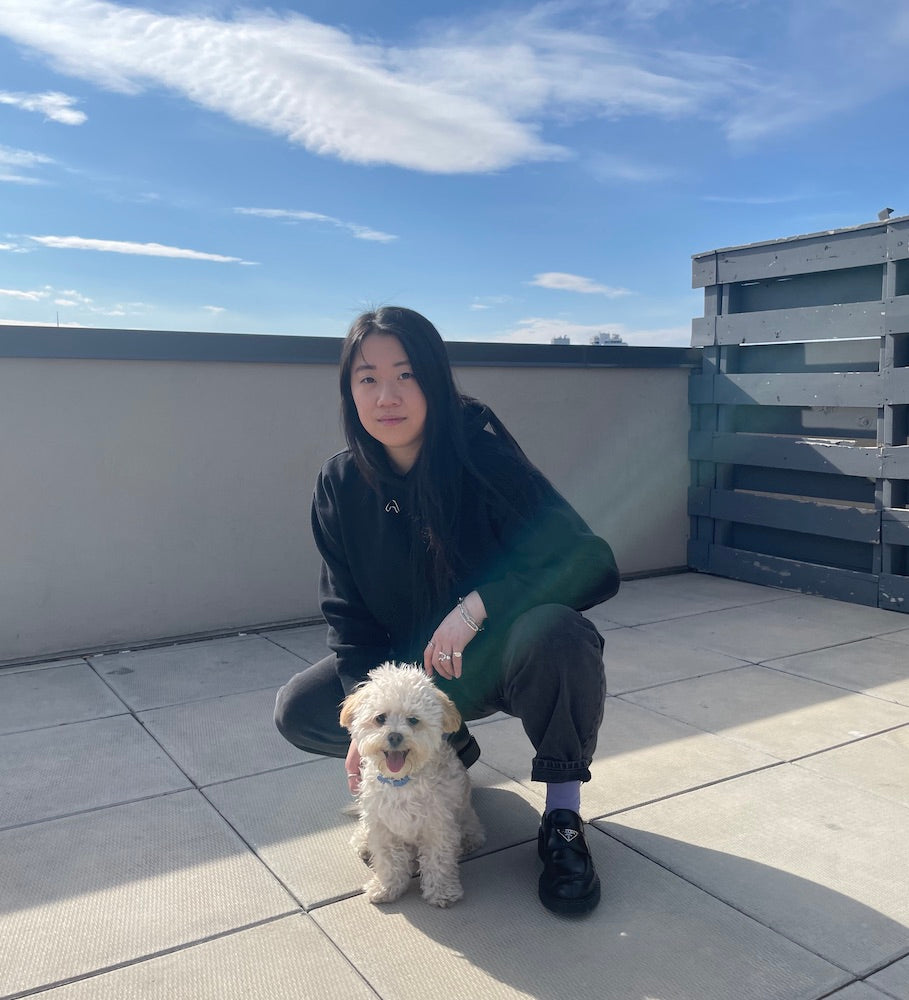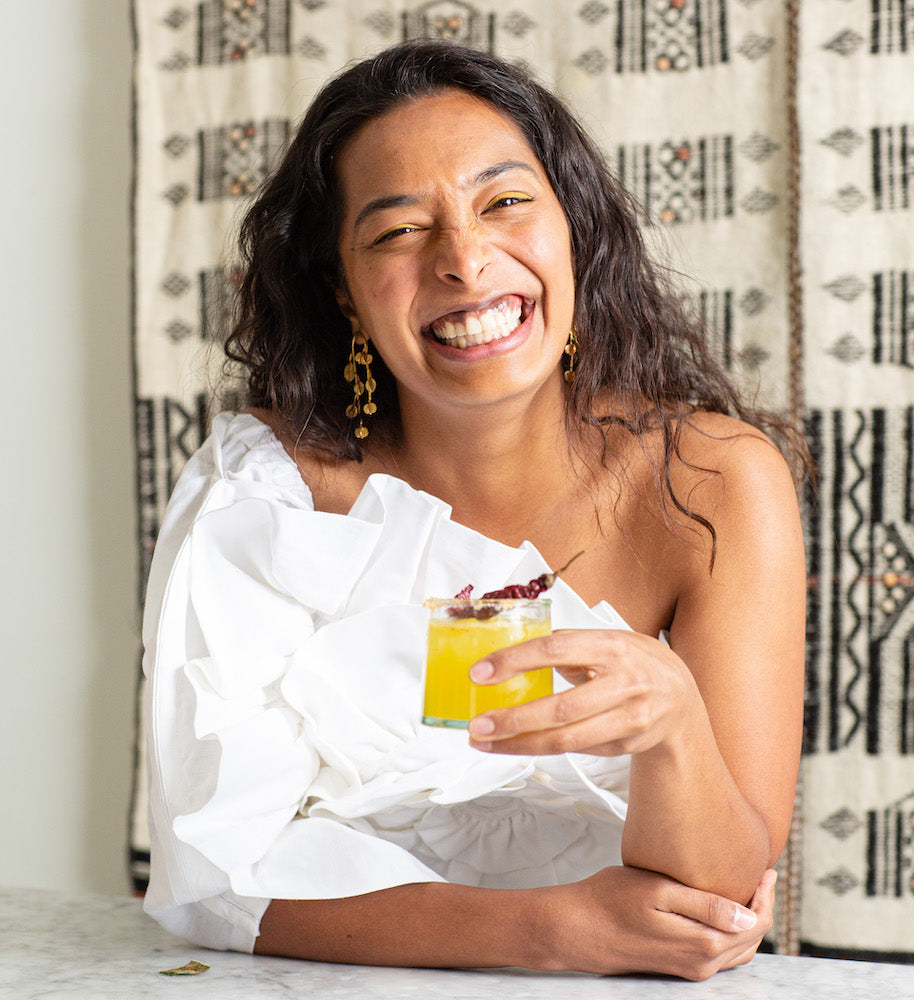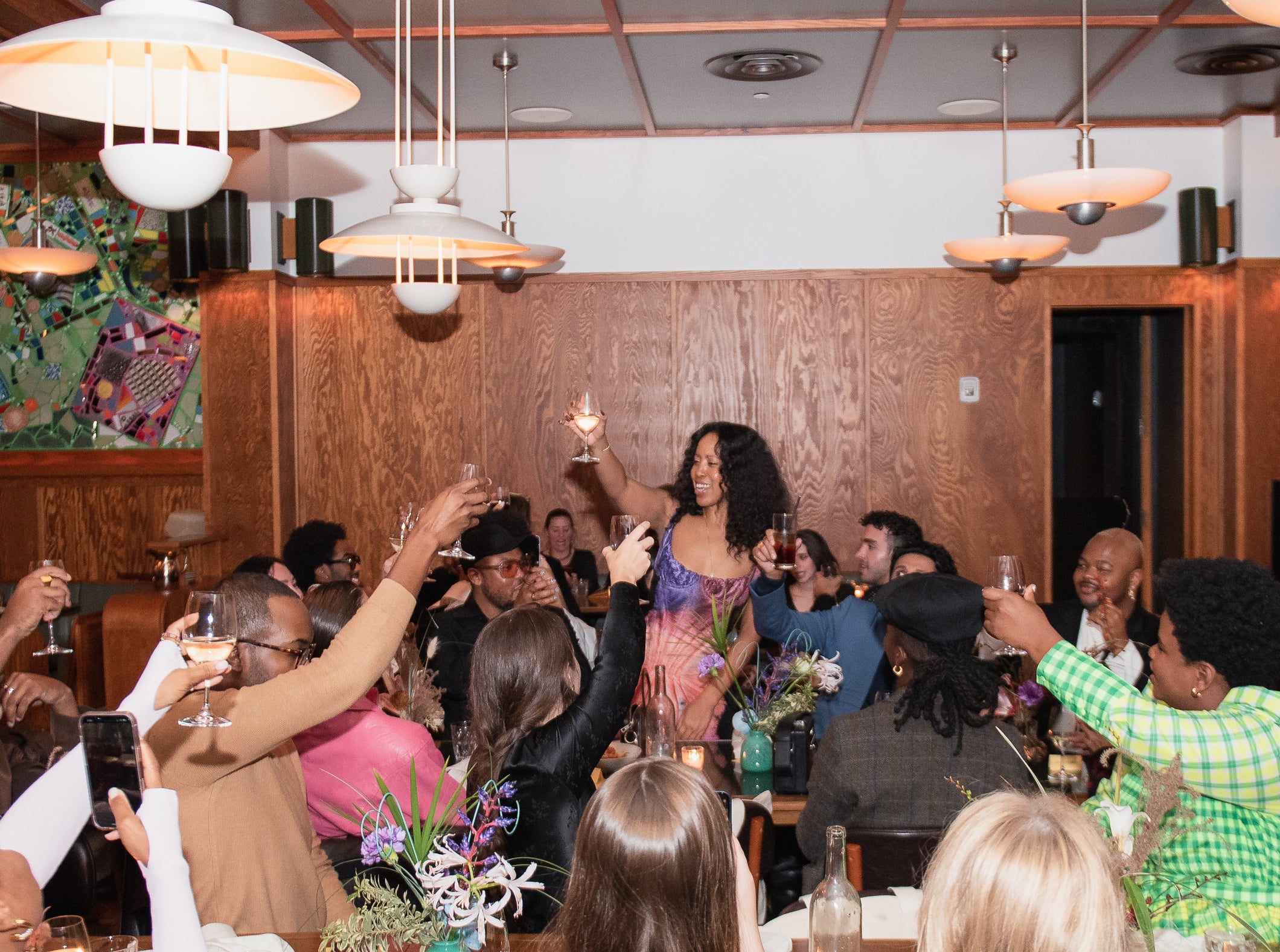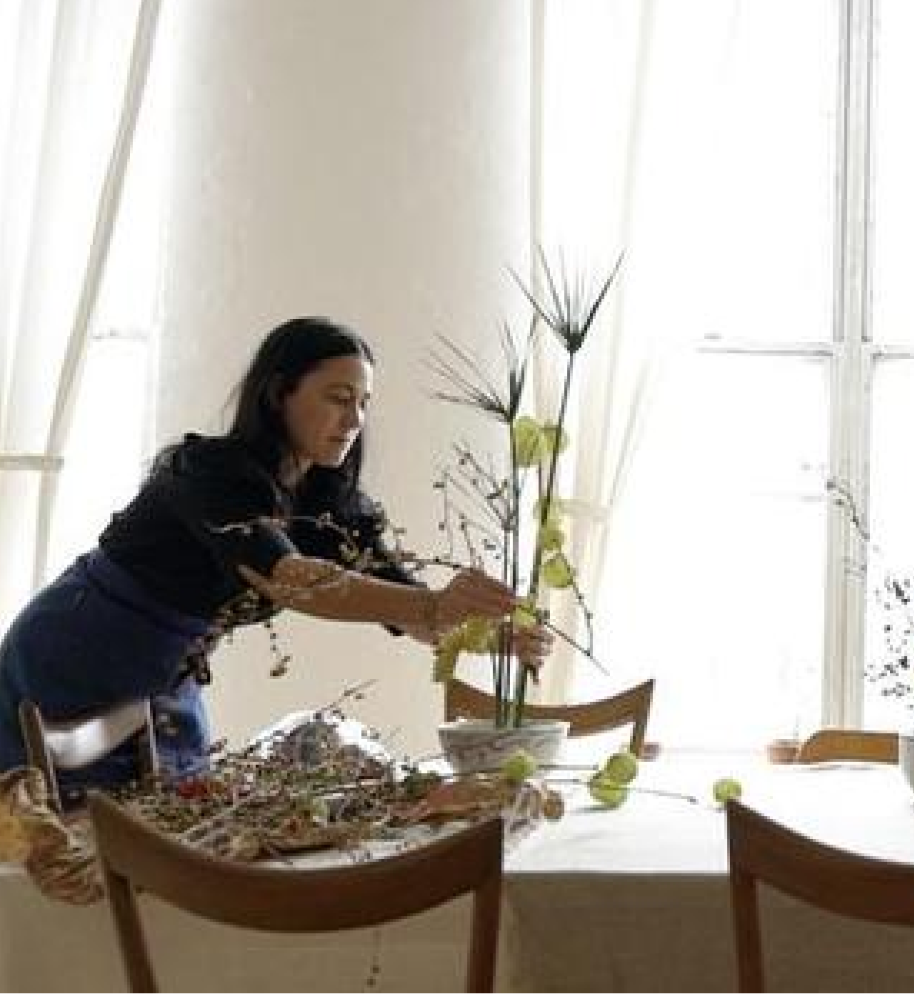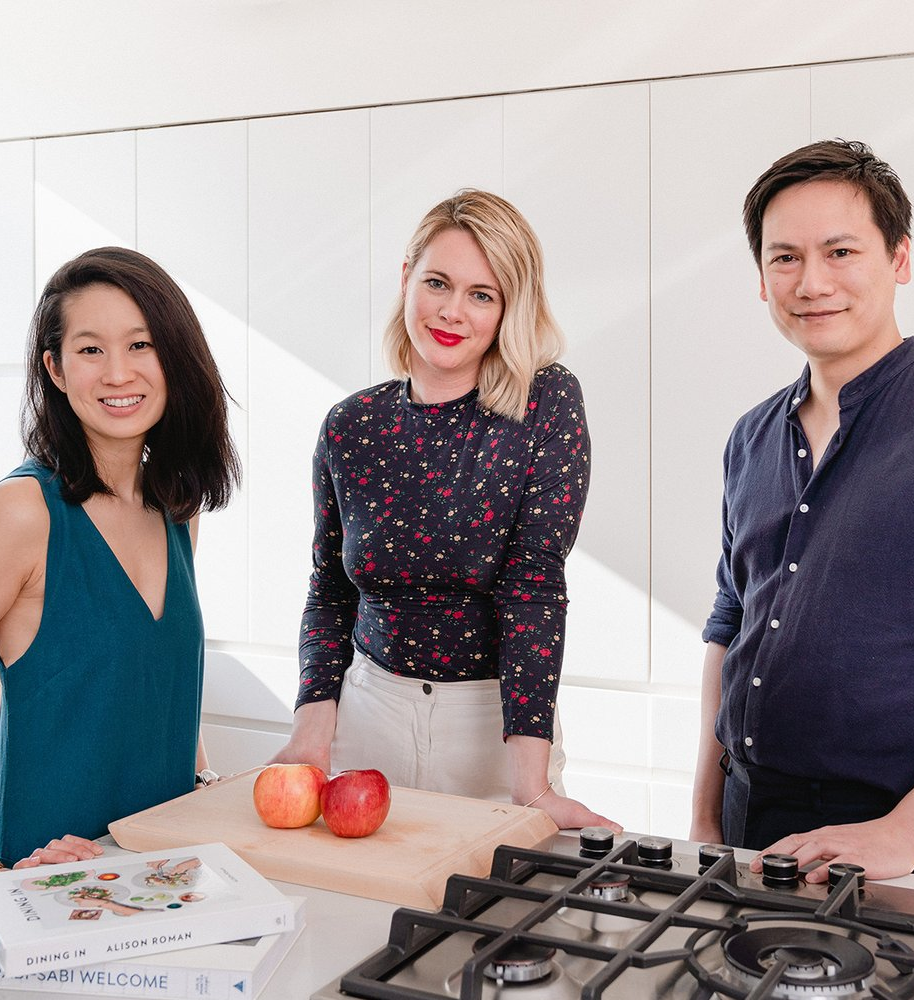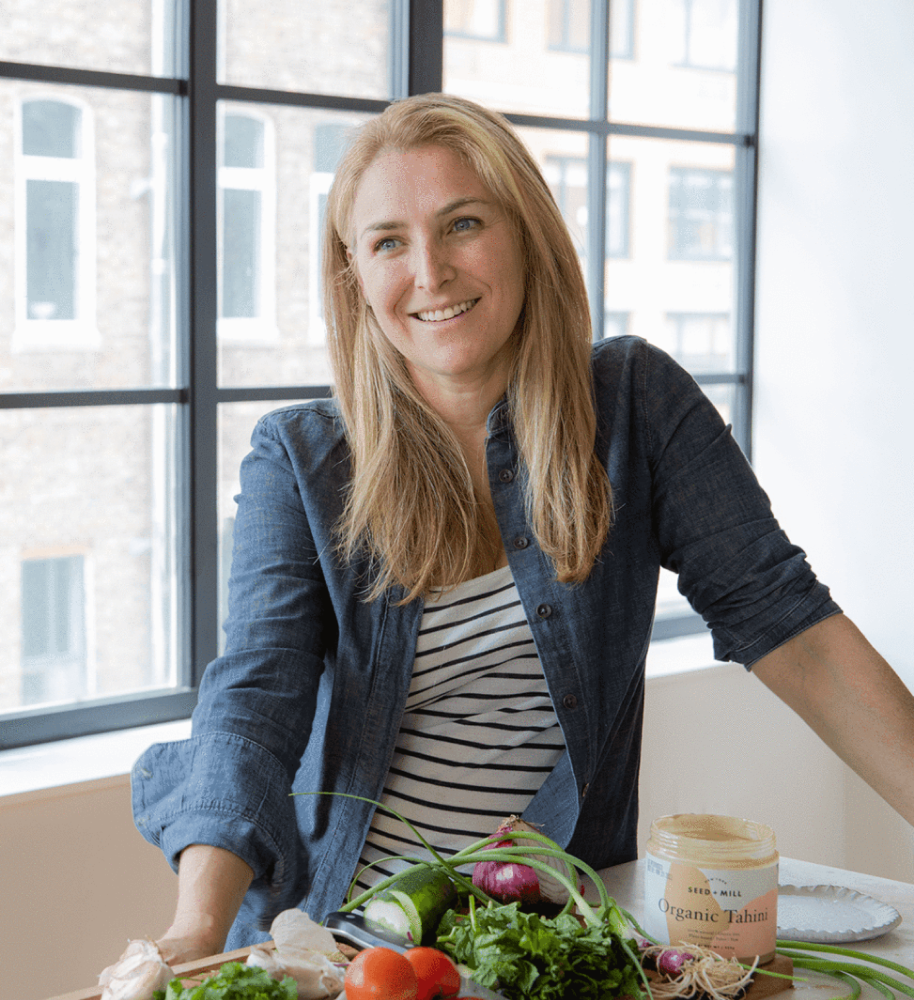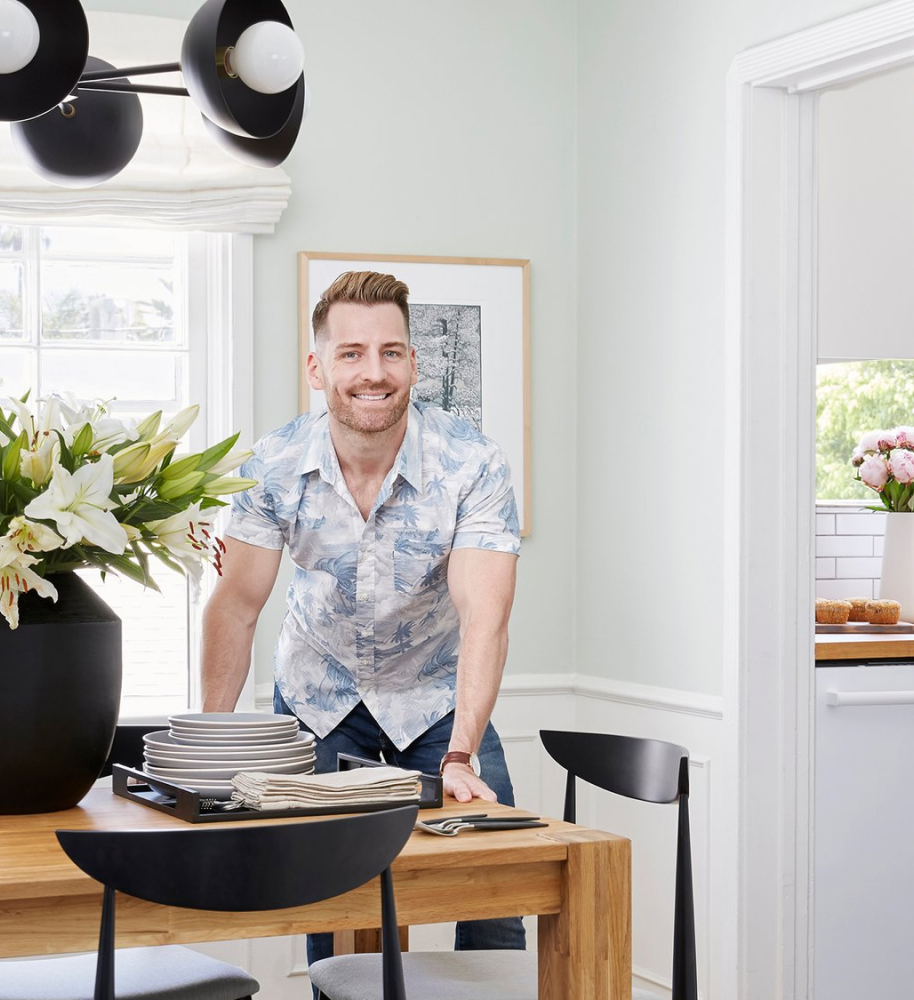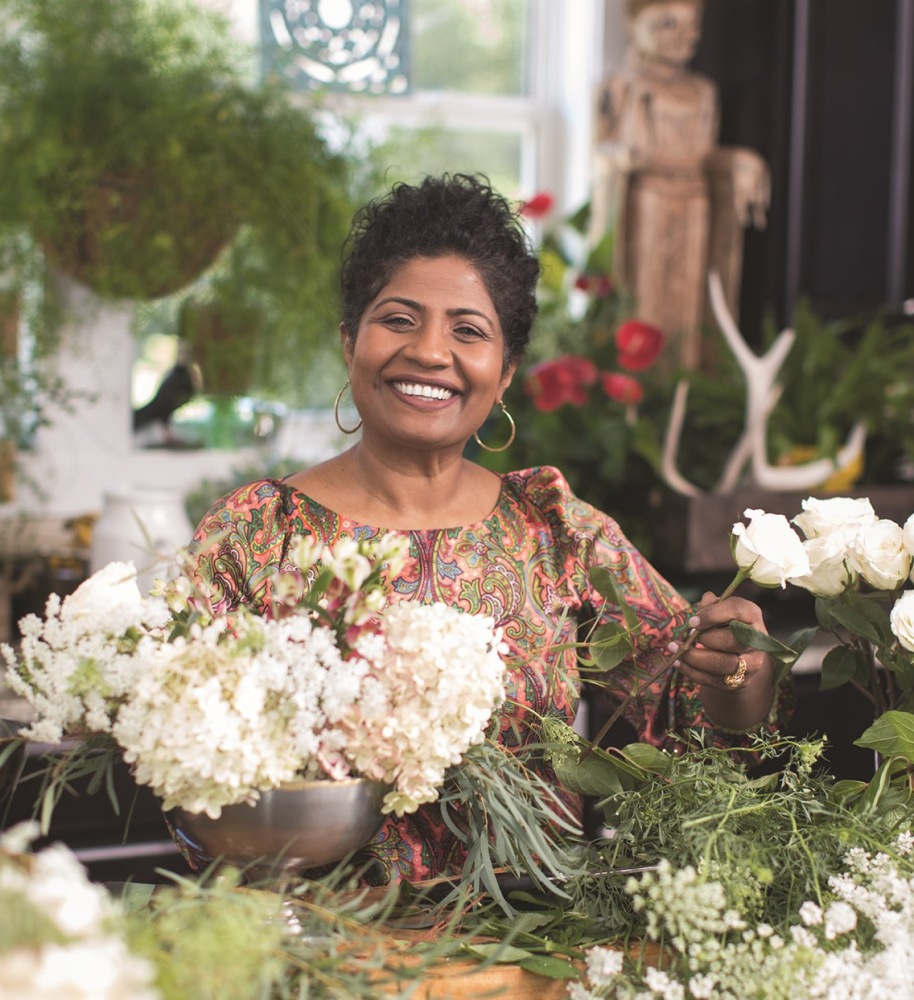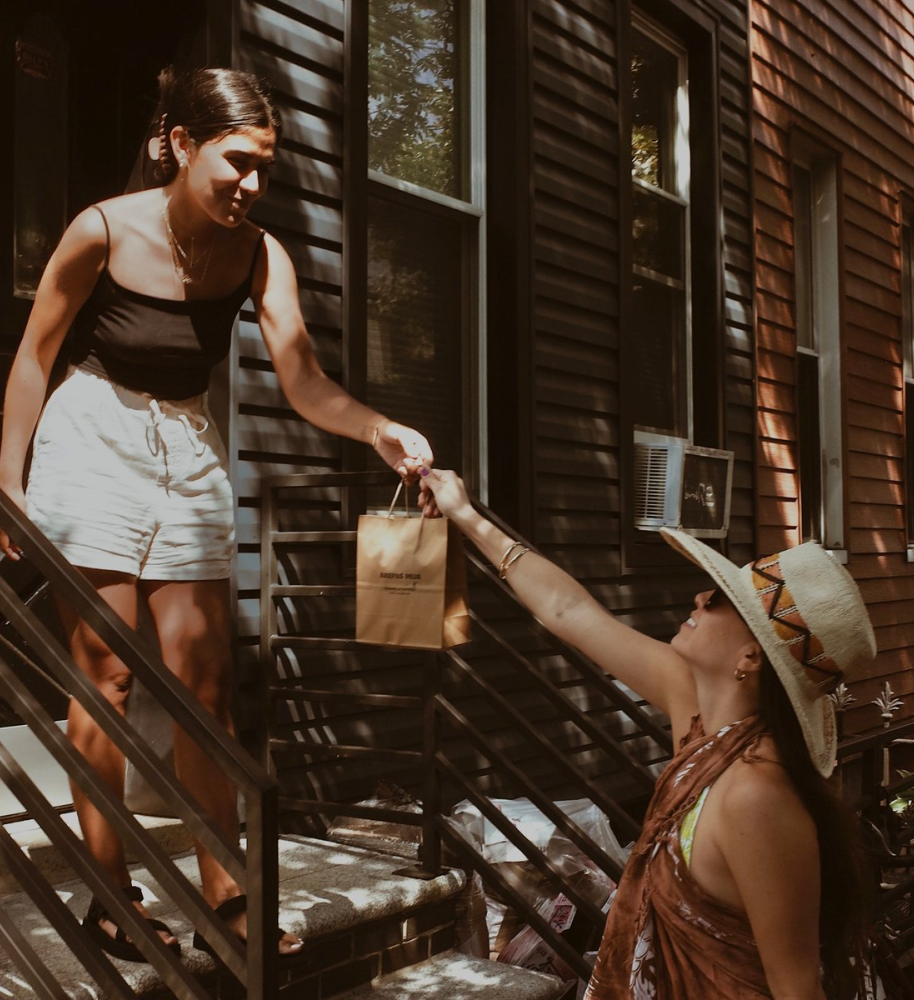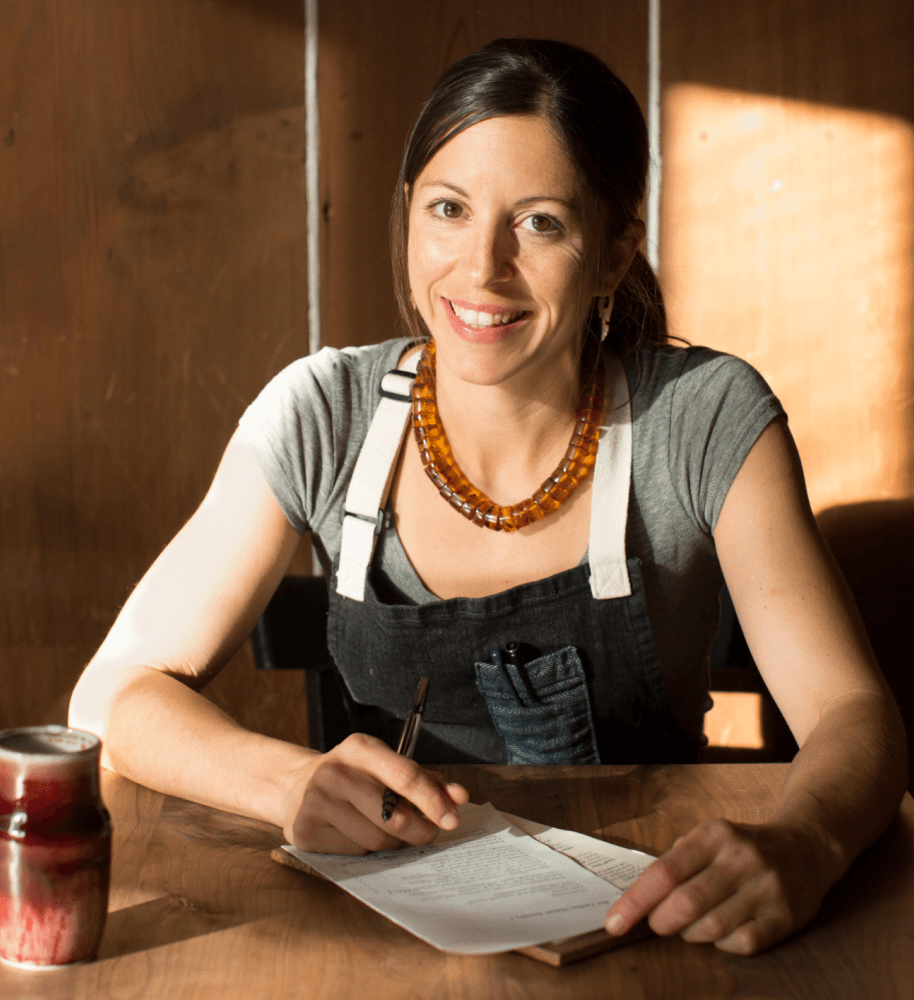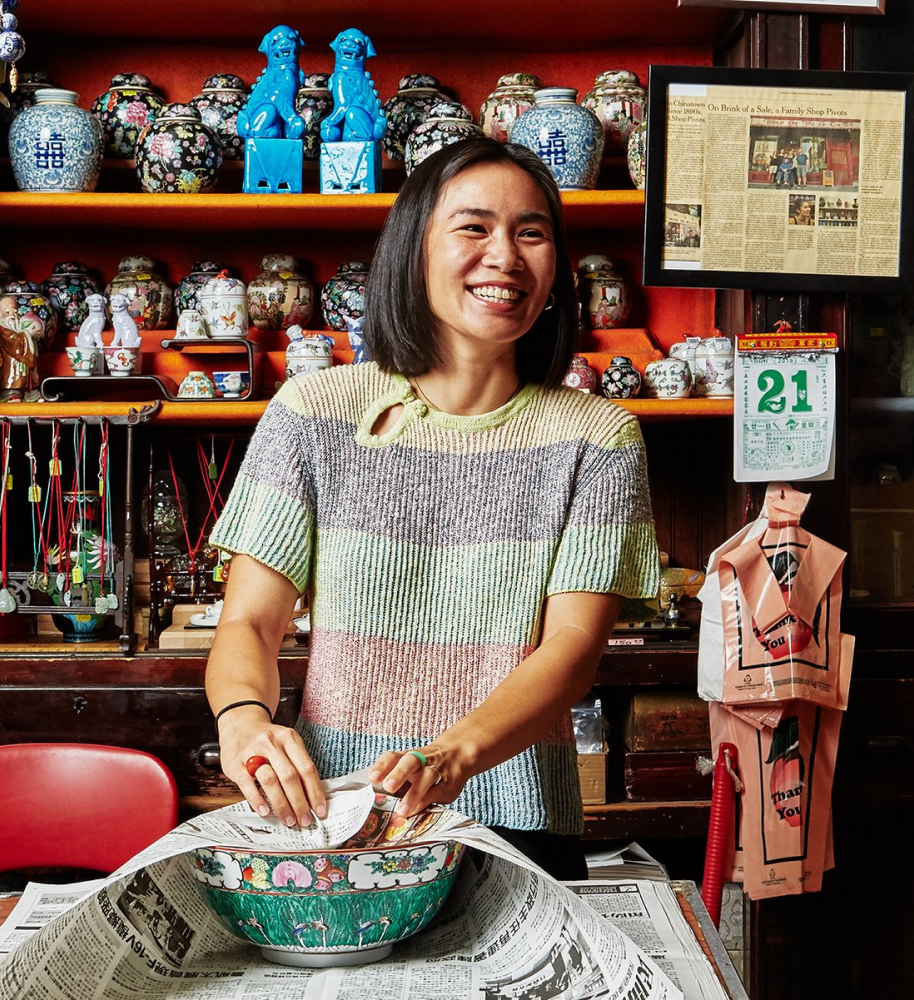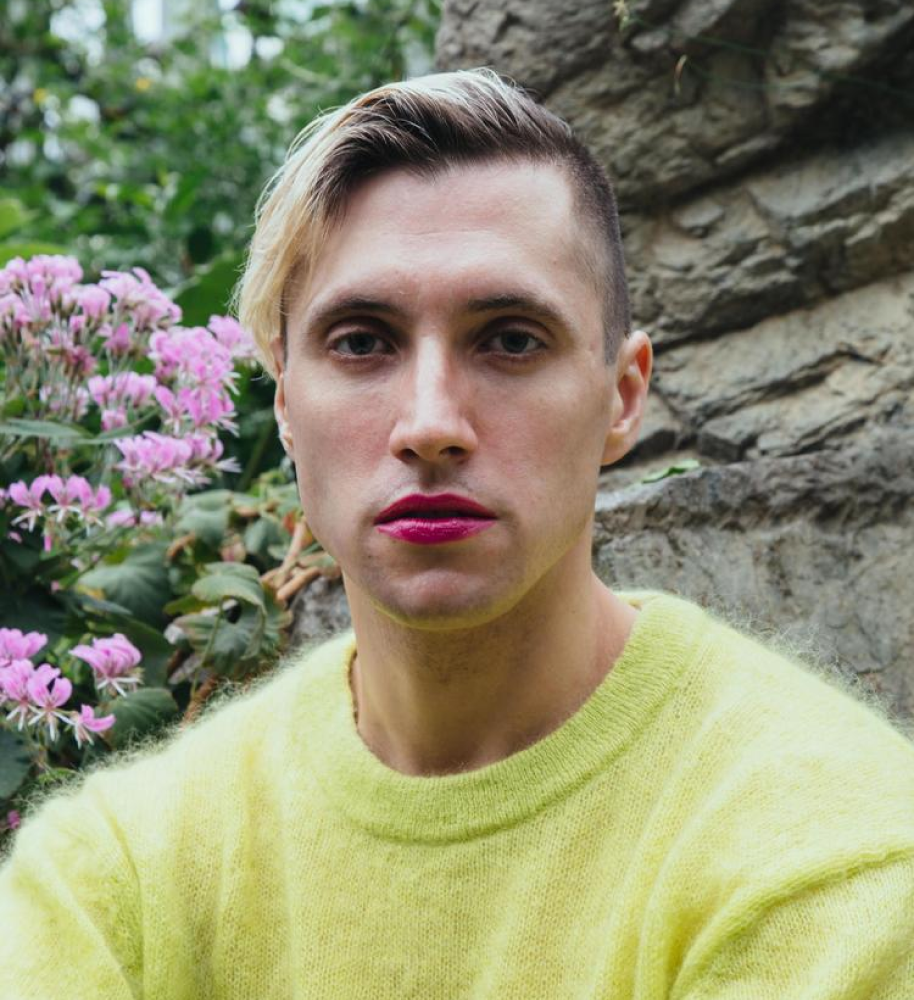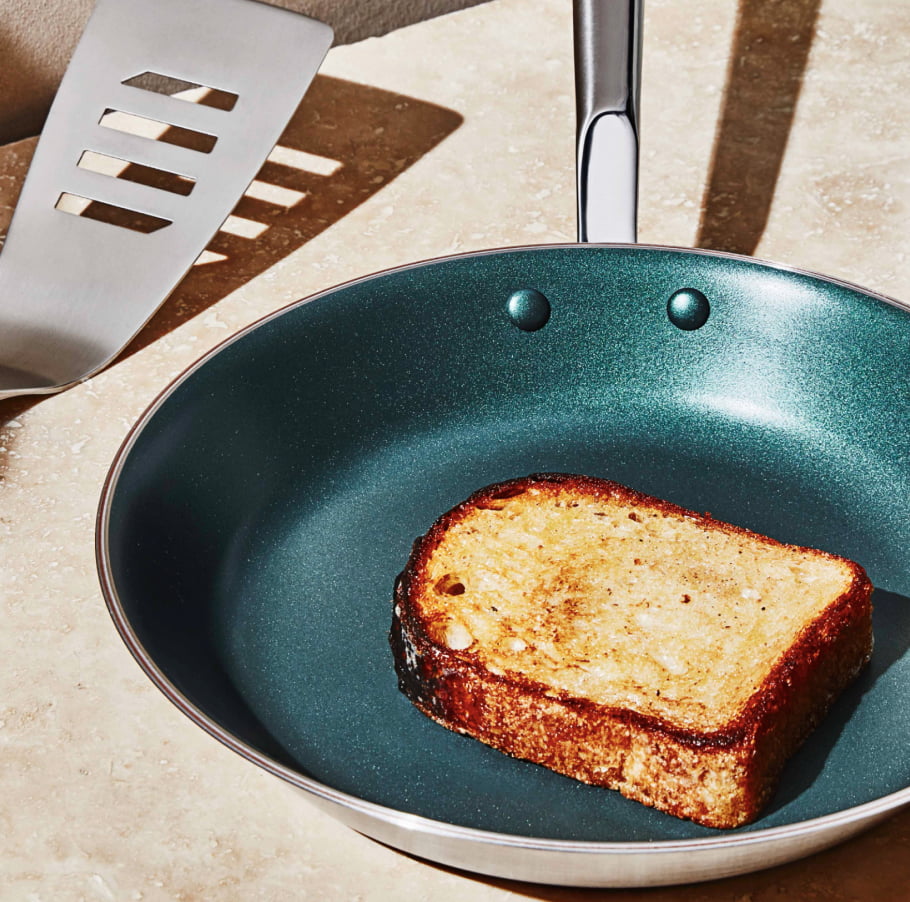In celebration of the Lunar New Year, we sat down with our co-founders Eunice Byun and Dave Nguyen for a special edition of our holiday interview series. We spoke with them about the foods and traditions, old and new, that connect them to their heritage, family, and community during this festive time of year.

Q:
What was your relationship to Lunar New Year growing up?
A:
DN: As a Vietnamese-American kid growing up in a predominantly non-Asian area of California, the Lunar New Year was the tradition that kept me feeling connected to the greater Vietnamese community. Seeing the importance my family placed on Tết and what to cook, who to invite, what to wear weeks in advance made me feel that I was part of my heritage in ways that I didn’t always during the other days of the year.
EB: Growing up, especially as first generation kids in America, we didn’t celebrate it as conventionally as we probably would’ve living in Korea. We merged a lot of the traditions into the western calendar like bowing to your elders, eating traditional foods like ddukgook, making mandoo together as a family, and playing traditional games like yut nori, but we usually did on January 1st versus following the lunar calendar.

Q:
What are traditions you hold onto? And what are some traditions you've changed?
A:
EB: Sometimes I think imposter syndrome can creep up when you grew up at the intersection of two cultures (in my case, Korean and American) where you think if you didn’t do all these things growing up, you surely can’t do it now. So my older daughter and I have been learning more about Seollal and weaving together traditions I grew up with and forging new ones together. This year, we’ll be preparing bokjumeoni or little lucky bags for our friends and having them share in Seollal together with us.
DN: One of my favorite traditions is eating banh chung, a type of sticky rice cake that my dad would always spend a few days making. One of the ways the Lunar New Year has changed for me is that it also has become an opportunity to reconnect with friends, not just family, through this celebration.


Q:
What's one detail that means a lot to you at this time of year?
A:
DN: Traditionally on this day, we wish our loved ones good health, prosperity and happiness. It’s not often that I get the opportunity to express this to them directly, so being able to do so, especially as we get older, has become more meaningful.
EB: Anything multi-generational. It could be actions such as bowing before elders or objects such as traditional Korean charms from my mother-in-law that we display in our home. I love the connectivity between the generations that came before me and those that follow.

Q:
What foods do you like to eat during Lunar New Year?
A:
EB: Ddukgook, jeon and japchae, all of which my kids absolutely devour! Ddukgook is probably the most common dish you’ll see across Instagram, which is a beef broth soup with rice cakes which symbolizes good fortune and good health in the new year.

Q:
Eunice, now that you're raising kids of your own, has your perspective on the holiday changed?

A:
EB: I love seeing how Lunar New Year is becoming more and more visible and widespread, year after year. Growing up, as a first-generation Korean American kid, we carried through traditional elements of Seollal like eating ddukgook, bowing to our elders, and making mandoo. But these traditions typically were shared only within our family or with close friends. To see a broader swath of people learn about and even experience for themselves these traditions is incredible.
Q:
How do you engage with community during this time of year?
A:
EB: It’s a great time to feel connected within the AAPI community. Last year, together with a few good friends, we founded a food-based fundraiser called Banchan Box Party where we support an organization that uplifts the Asian community. We were able to bring together Korean creatives in the food and design world and raise $15K in one day benefitting the Korean American Community Foundation. This year, we are fundraising for The Woori Show, a non-profit organization that teaches everyone about Korean language and culture.

